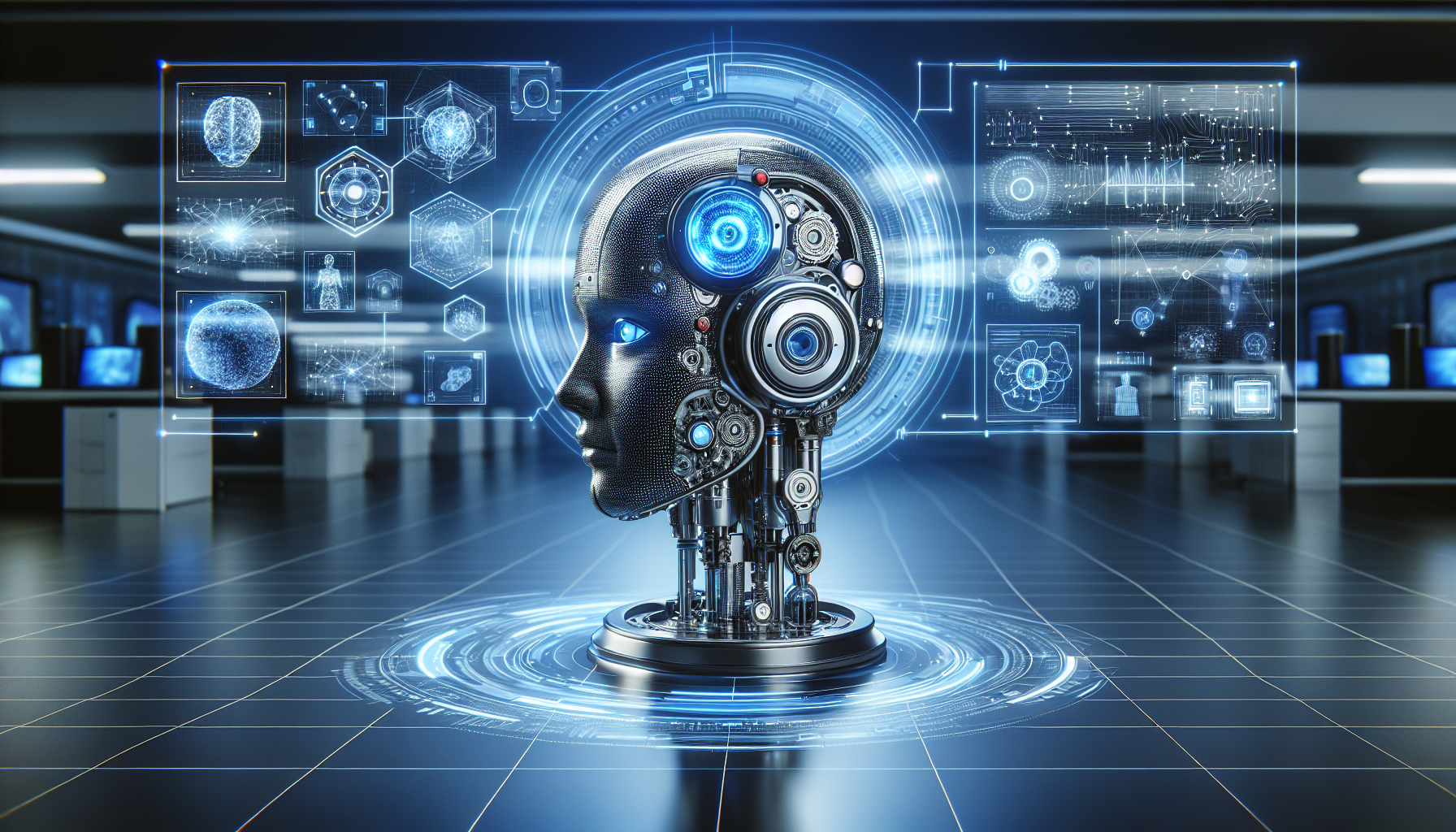
Artificial Intelligence in the Legal Industry: Dispelling Myths and Unveiling Realities
October 7, 2025
The integration of artificial intelligence into the legal industry is often shrouded in misconceptions, leading to apprehension and misunderstanding. As AI continues to permeate various sectors, its role in legal processes is particularly transformative, yet frequently misunderstood. This article seeks to dismantle prevalent myths about AI in the legal field and illuminate the true nature of its contributions.
One of the most persistent myths is that AI will replace lawyers, rendering the profession obsolete. This notion not only oversimplifies the capabilities of AI but also overlooks the complex, nuanced nature of legal work. AI, in reality, serves as a powerful tool that enhances the efficiency and accuracy of legal tasks rather than replacing human expertise. Lawyers possess critical thinking, moral reasoning, and the ability to empathize—qualities that are irreplaceable by machines. AI excels in handling repetitive, labor-intensive tasks such as document review, contract analysis, and case law research, freeing legal professionals to focus on more strategic and client-oriented activities.
Another common misconception is that AI-driven tools are infallible and require little oversight. While AI systems can process vast amounts of data with remarkable speed and precision, they are not without their limitations. Algorithms are only as good as the data they are trained on, and biases present in training data can lead to skewed results. Thus, human oversight remains crucial to ensure that AI outputs are accurate and unbiased. Legal professionals must critically evaluate AI-generated insights to make informed decisions, ensuring that justice and fairness are upheld.
The fear of AI compromising client confidentiality is another concern that frequently arises. However, legal AI solutions prioritize data security, often implementing robust encryption methods to protect sensitive information. These systems are designed to comply with stringent legal regulations and standards, ensuring that client data is handled with the utmost care. By leveraging AI under these secure protocols, law firms can maintain the confidentiality of their clients while benefiting from enhanced operational efficiency.
AI's role in legal case analysis is another area where misconceptions abound. Some believe that AI lacks the sophistication to analyze complex legal cases effectively. On the contrary, AI can sift through extensive legal databases to identify pertinent case precedents, statutes, and regulations with remarkable speed. This capability not only aids in building strong legal arguments but also provides a comprehensive overview of potential legal strategies. AI-driven analytics can highlight trends and patterns that might otherwise remain hidden, offering valuable insights for case preparation and strategic planning.
A lesser-known advantage of AI in the legal industry is its potential to democratize access to legal services. By automating routine tasks and reducing the time required for case analysis, AI can lower the cost of legal services, making them more accessible to a broader audience. This democratization could empower individuals who might otherwise be unable to afford legal representation, thus contributing to a more equitable legal system.
AI also facilitates more efficient legal research. Traditional legal research methods can be time-consuming and labor-intensive. However, AI-powered platforms can rapidly analyze and categorize legal documents, enabling lawyers to access relevant information more quickly. This efficiency not only saves time but also enhances the quality of legal work by allowing lawyers to focus on case strategy and client interaction.
Despite these benefits, the integration of AI into the legal field raises ethical and regulatory considerations. As AI systems become more sophisticated, the legal industry must address questions related to accountability, transparency, and the potential for algorithmic bias. Establishing guidelines for AI use in legal contexts will be crucial to ensuring that its deployment aligns with ethical standards and serves the broader goal of justice.
In summary, AI in the legal industry is not a harbinger of obsolescence for lawyers but rather a catalyst for improved efficiency and access to legal services. By dispelling myths and understanding the true capabilities of AI, legal professionals can harness its potential while maintaining the integrity and ethics of their practice. As we continue to explore the integration of AI into legal frameworks, it is worth pondering: How can we best balance technological innovation with the timeless principles of justice? This question invites ongoing dialogue and reflection as the legal industry navigates the complexities of the digital age.


